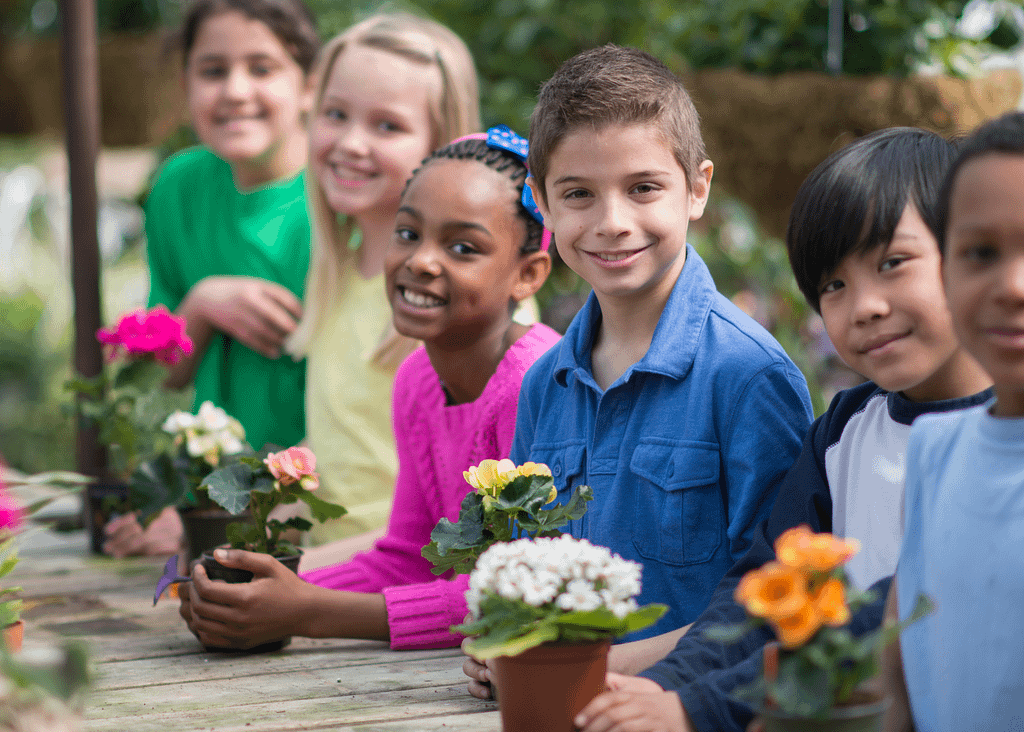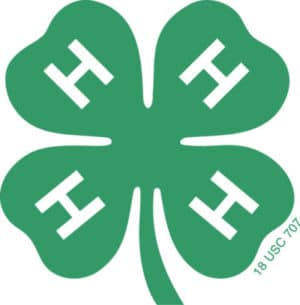4-H is an out-of-school, hands-on learning program for anyone in kindergarten through one year past high school (grade 13). Youth choose a project that’s interesting to them and explore it with peers and caring adults. 4-H clubs are groups of youth who want to learn together and meet in every part of Minnesota. In 4-H, all youth are welcome.
What can I do in 4-H?
The sky’s the limit! 4-H offers learning experiences in science, photography, agriculture, healthy living, civic engagement and much more. We have one-day events, year-long projects and everything in between. There are many ways to try 4-H.
Why should your family join 4-H?
4-H serves as a model program for the practice of positive youth development by creating positive learning experiences; positive relationships for and between youth and adults; positive, safe environments; and opportunities for positive risk taking. All adult 4-H volunteers including club leaders are screened by University of MN Extension staff and pass a comprehensive background check.


Positive Youth Development is an intentional, prosocial approach that engages youth within their communities, schools, organizations, peer groups, and families in a manner that is productive and constructive; recognizes, utilizes, and enhances young people’s strengths; and promotes positive outcomes for young people by providing opportunities, fostering positive relationships, and furnishing the support needed to build on their leadership strengths. – youth.gov
Comprehensive Findings from the 4-h Study of Positive Youth Development (2013)
Youth who participated in 4-H were:
- 4x more likely to make contributions to their communities
- 2x more likely to be civically active
- 2x more likely to participate in science programs during out-of-school time
- 2-3x more likely to take part in science programs compared to girls in other out-of school time activities
- 2x more likely to make healthier choices

What do the four Hs stand for?
The four values which form the foundation for 4-H learning are:
Head – engage actively in learning.
Heart – demonstrate caring for others and your own learning.
Hands – share experiences with others.
Health – experience success and learn to support their family, community, and world.